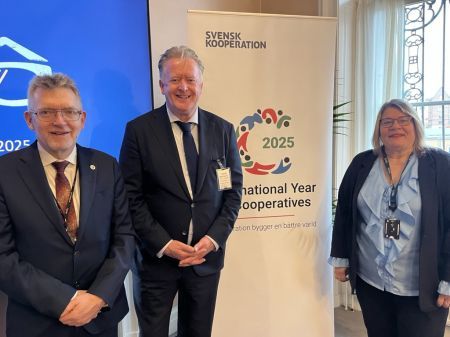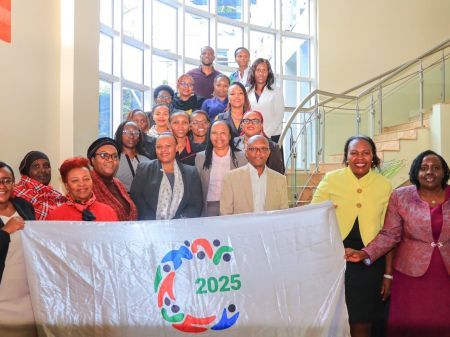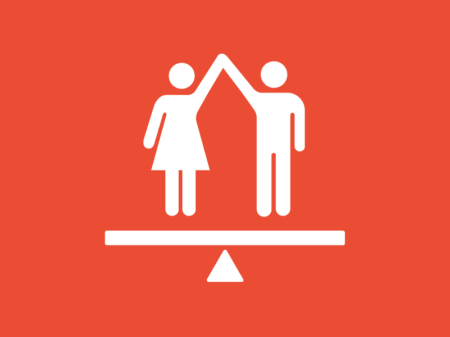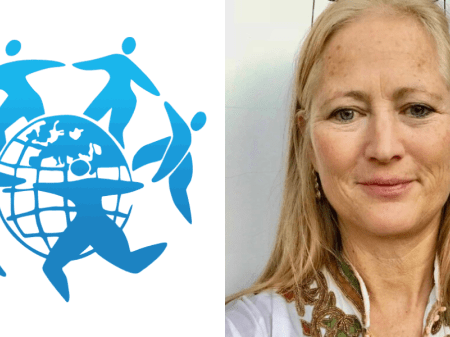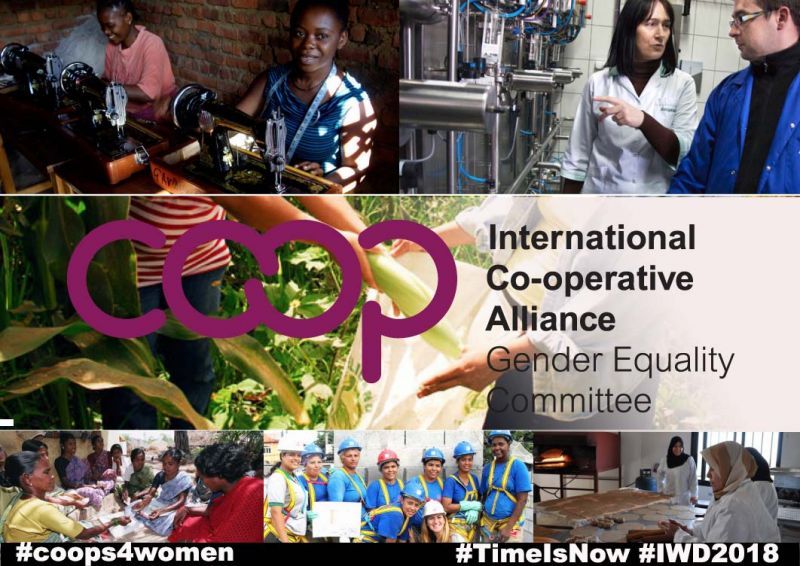
International Women's Day 2018
Now is the time:
Rural and urban activists transform women's lives
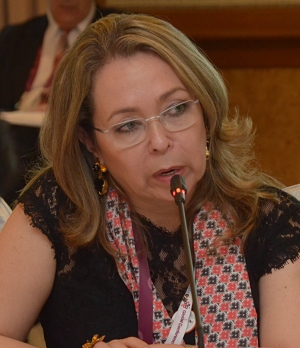
Activism in favour of women's rights and gender equality is part of the history of our cooperative movement.
The famous Rochdale Society of Equitable Pioneers in England, the leader of modern cooperativism, was also a pioneer in its time, allowing men and women to be members of that organisation right from the beginning.
In that group, the role of a woman activist is especially recognised, and opened the doors to transform the lives of many women, including the weaver Eliza Brierley. In March 1846, Eliza took action to become a full member of the Cooperative, at a time when women were "owned" by their father or husband, had no legal or civil rights and were excluded from equal economic participation in society.
Today, although there have been many achievements in the defence of women's rights, history has not taken mercy on us for all the efforts and there is still a long way to go. From the cooperativism movement we must continue working to empower women and have their voices heard.
That is why this year the International Co-operative Alliance (ICA) joins once again the commemoration of International Women's Day, sponsored by the United Nations, aware that this is the time to really listen to the voices of women, from all areas, whether urban or rural.
We at the cooperatives have the task of improving our capacity to empower women, collaborating with civil society and supporting the voice of our activists in the processes of raising social awareness and the formulation of policies.
The undoubtedly powerful role that rural cooperative women activists have played in generating better conditions for them and their families in the countryside should be noted, as it should also be stressed that it has also contributed to the progress of cooperativism.
However, we cannot forget the existence of many "invisible" women in rural areas, linked to agricultural and livestock farms without having a legal or administrative relationship with them, and for which their work on the agricultural holdings is considered "supporting their family".
That is why we need activists. When millions of women come together, millions of stories emerge to make visible the situations that prevent us from achieving gender equity; millions of faces show to the world the infringement of their right, how they are sub-estimated and stigmatised, and millions can also act to transform highly concerning and prevalent realities, such as sexual violence and harassment.
Like the fact that [one] in five women and girls between 15 and 49 years of age have suffered physical or sexual violence from a partner in the last year around the world and that 49 countries still do not have laws that protect the female population from that kind of violence; that 37 countries legally absolve rapists of all responsibility if they are married to the victim; that in 18 countries husbands can legally prevent their wives from working; that 750 million girls and young people have married before they reach 18 years of age; that at least 200 million women and girls in 30 countries have undergone genital mutilation; that more than 50% of women and girls in urban sectors of developing countries lack clean water, sanitary facilities or sufficient room to live; or that 15 million girls of school age will never have the opportunity to learn to read or write in primary school, among other realities that we should have transformed by now.
The Sustainable Development Goals, SDGs, underscore the enormous need for women's empowerment and gender equality as a requisite to achieving them. But the steps towards these goals are very tentative in almost all countries. Permanent gender discrimination prevents communities, especially women, from reaching their full potential to achieve these goals.
That is why more and more thousands of women around the world are taking ownership of different areas in life and even virtual ones, denouncing inequalities and violence, raising awareness in the rest of the world in order to improve their living conditions, as well as opening the discussion of topics not readily visible and of common interest.
So this is the time to support them. Our activists need us. Cooperatives must continue promoting their empowerment, eliminating the barriers for them to raise their voices and providing them with the collective support of a movement that groups more than one thousand two hundred million around the world.
This is a historic moment that calls us to redefine stereotypes of power and leadership for women. The negative consequences of inequality are suffered by all of humanity and achieving effective equity is a social and economic imperative that must be fought not only by women, but also by men equally. Equality is synonymous with advancement and progress, but it is something that must be done including the other; equality is moving forward without leaving anyone behind.
María Eugenia Pérez Zea
Chair of the Gender Equality Committee of the International Cooperative Alliance
Colombia, March 2018
***Download the Declaration in English and Spanish above:

